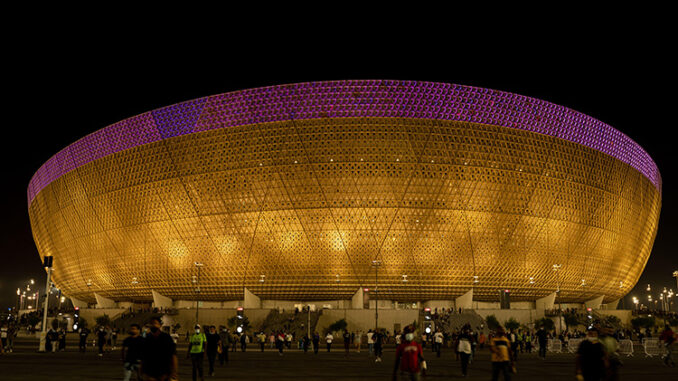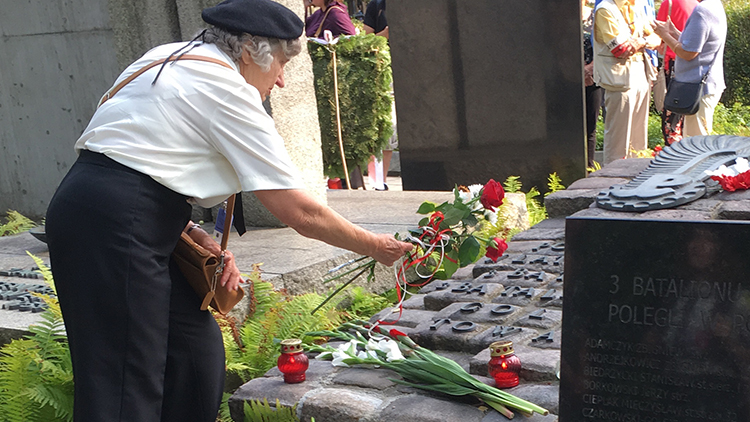
This winter, millions of people will enjoy the World Cup. Hosted in Qatar, this will be the first World Cup in the Middle East. However, many groups are raising concerns about human rights abuses in Qatar.
Qatar is the smallest nation to host a World Cup. It is roughly the size of the state of Connecticut. Qataris had to do a lot of work to get ready for the World Cup. This included building seven new stadiums, many new roads, airports, hotels, public transit systems, and even a whole new city where the World Cup Final will be played.
Temperatures in Qatar in the summer can reach 122 °F. This makes construction work extremely dangerous. Much of the work was done by migrant workers [workers who come from other countries for work]. In Qatar, a system called kafala means migrant workers depend on a sponsor—usually an employer—to live and work in Qatar. This leaves many migrant workers vulnerable to abuse from their employers.
Officially, the deaths of 37 workers have been directly linked to construction work for the World Cup. However, in the past ten years, over 6,500 migrant workers have died in Qatar. Many of these deaths may be unofficially related to the World Cup. The Qatari government has made changes to the kafala system to give migrant workers more protections. Many critics say they have not done enough to keep workers safe.
Some soccer teams have expressed concern about playing in a tournament where workers are treated so poorly. There will be some protests planned. For example, Denmark will be wearing all-black uniforms as a form of protest. They want to bring attention to this issue.
What Do You Think? How are sports and human rights related? Do you think big sports events draw attention to important issues? Or do they help people forget about them?
Photo Credit: Shakeel Safeek/Alamy Stock Photo



